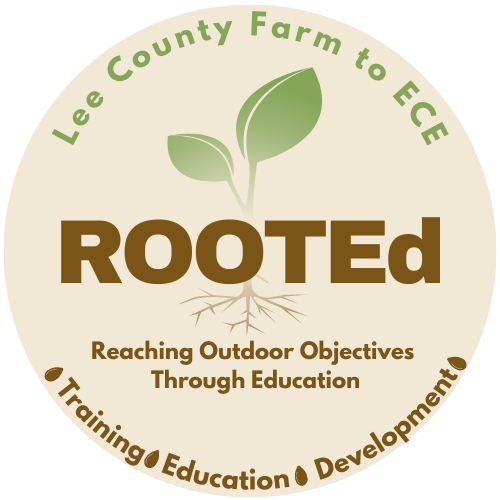Garden Blast- January 3-13, 2023
go.ncsu.edu/readext?906178
en Español / em Português
El inglés es el idioma de control de esta página. En la medida en que haya algún conflicto entre la traducción al inglés y la traducción, el inglés prevalece.
Al hacer clic en el enlace de traducción se activa un servicio de traducción gratuito para convertir la página al español. Al igual que con cualquier traducción por Internet, la conversión no es sensible al contexto y puede que no traduzca el texto en su significado original. NC State Extension no garantiza la exactitud del texto traducido. Por favor, tenga en cuenta que algunas aplicaciones y/o servicios pueden no funcionar como se espera cuando se traducen.
Português
Inglês é o idioma de controle desta página. Na medida que haja algum conflito entre o texto original em Inglês e a tradução, o Inglês prevalece.
Ao clicar no link de tradução, um serviço gratuito de tradução será ativado para converter a página para o Português. Como em qualquer tradução pela internet, a conversão não é sensivel ao contexto e pode não ocorrer a tradução para o significado orginal. O serviço de Extensão da Carolina do Norte (NC State Extension) não garante a exatidão do texto traduzido. Por favor, observe que algumas funções ou serviços podem não funcionar como esperado após a tradução.
English
English is the controlling language of this page. To the extent there is any conflict between the English text and the translation, English controls.
Clicking on the translation link activates a free translation service to convert the page to Spanish. As with any Internet translation, the conversion is not context-sensitive and may not translate the text to its original meaning. NC State Extension does not guarantee the accuracy of the translated text. Please note that some applications and/or services may not function as expected when translated.
Collapse ▲
What to Do, When
- This time of year the important thing is to keep the weeds pulled or reduced around the area of the plants. Find out what weeds you have here.
- It has rained a lot, so you do not need water.
- The recent cold has probably zapped a lot of the vegetable leaves. If you have frost-bitten or mushy plants, cut them back or remove them completely. If you are not sure if something is salvageable, feel free to text me a picture! Some plants can grow out of the damage, but some will just be taking up space.
- Do you want to start composting at your facility? Let me know and I can get you some resources to do it safely.
- Start planning what you want to grow in your late-winter garden! February 1 is the beginning of the next planting cycle. I recommend keeping it simple and focus on 1-3 different crops. Check out the planting calendar.
- Upcoming Workshop: Raised bed gardening– Saturday, January 14, 2023- Lee County is offering a raised bed workshop to the community. If you would like to attend, or send a teacher from your center, I will waive the $10 fee! Learn more about the Raised Bed Gardening Workshop.
For Educators- Tell a Garden Story
One of the things you may notice if you didn’t cover vegetables like collards and broccoli are brown blotches on the leaves where the frost/cold landed on the leaves and “burned” the plant. What actually happened was the water droplets that settled on the leaves froze and cut the cells of the leaves as they turned into ice crystals. These crystals act like daggers to plant tissue and that is why you see brown, dead patches on the leaves!
The way to avoid this is to provide some sort of cover to the plants when there is going to be cold (28*F and below) and wet weather conditions.
For Children- Have a Garden Interaction
Before you cut back damaged vegetables in the garden, bring the children in to make observations about the plants. What do they look like? How have they changed? Have they grown? Do they feel different, or have different colors on their leaves? Cold temperatures can cause plants to make different chemicals to keep their leaves from freezing. Sometimes this works and sometimes it doesn’t!
For Parents- Bringing it Home
The days are getting longer and it is a brand new year! Do you have new year’s resolutions? Do you want to incorporate more outside learning and gardening in your child’s life? January is a great planning month for gardeners. If you want to learn more about gardening, vegetables or other plants, reach out to the N.C. Cooperative Extension, Lee County Center. We are looking for interested families to start a youth-focused horticulture club!
Looking Ahead
February 1 is the beginning of the planting cycle for “spring veggies.” To prepare, check out the planting calendar to see potential crops that will be ready to go in the ground. Some plants you can start inside from seed in January, but it might be more cost- and time-effective to buy these from a local nursery.




